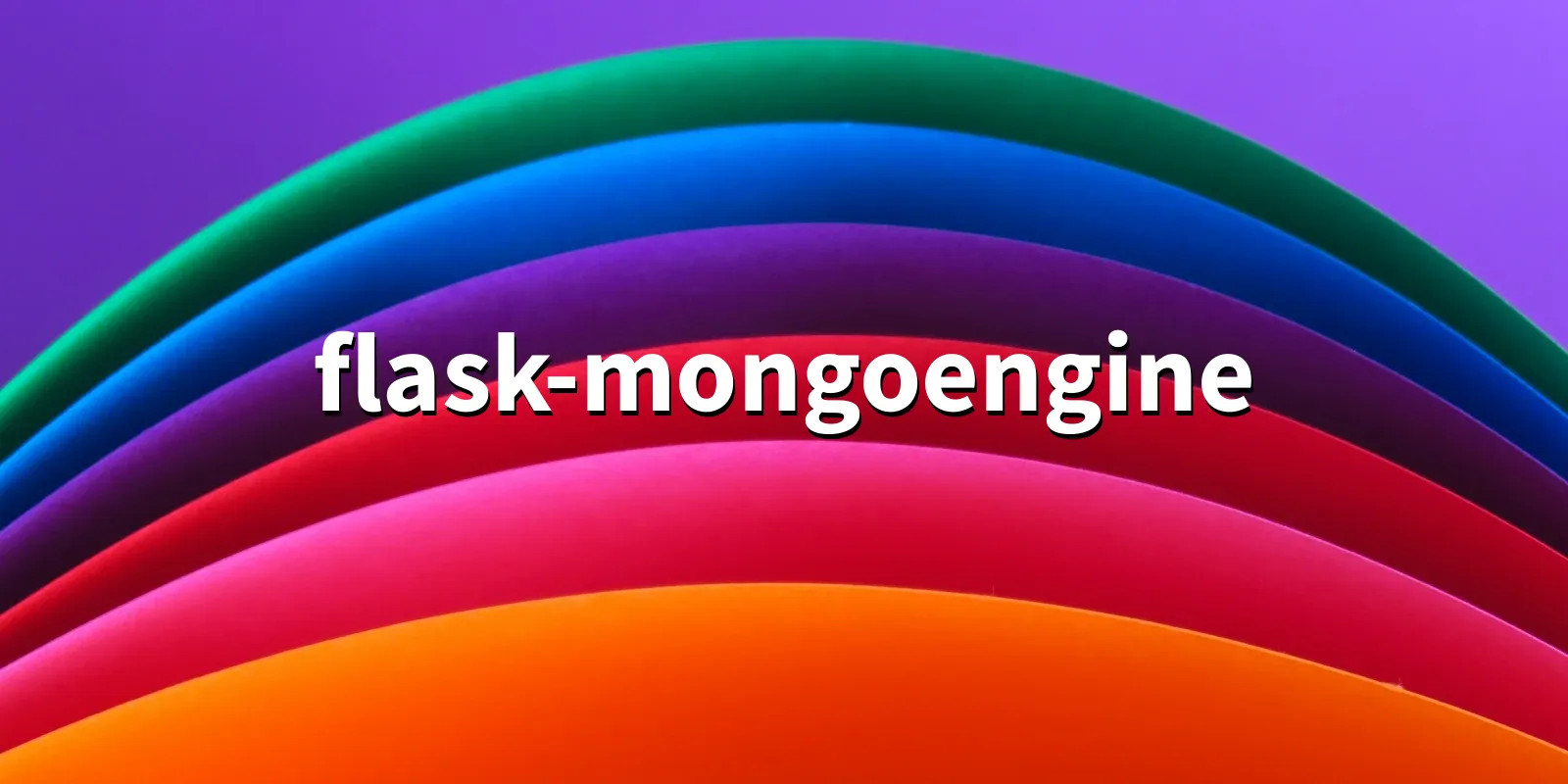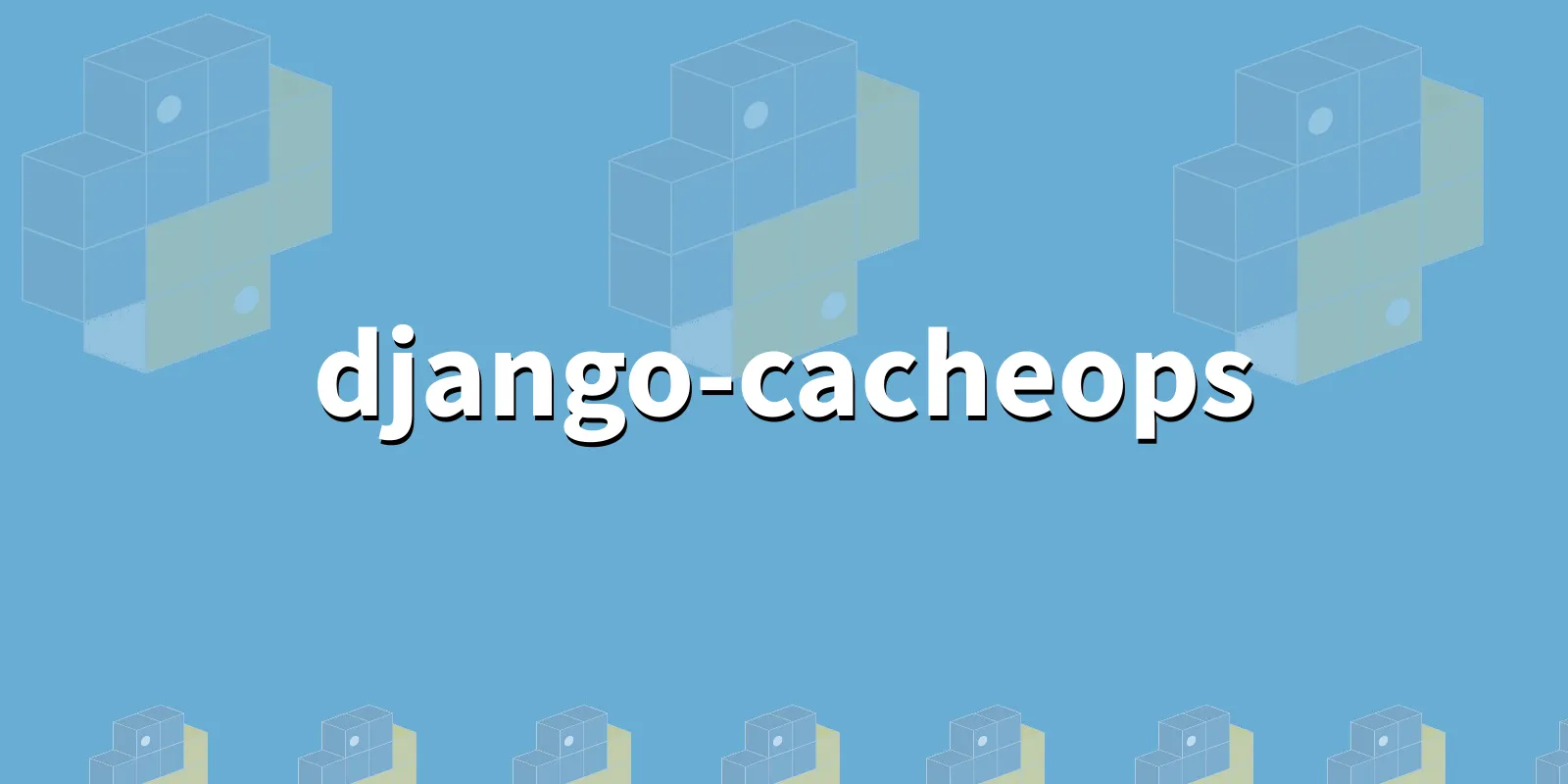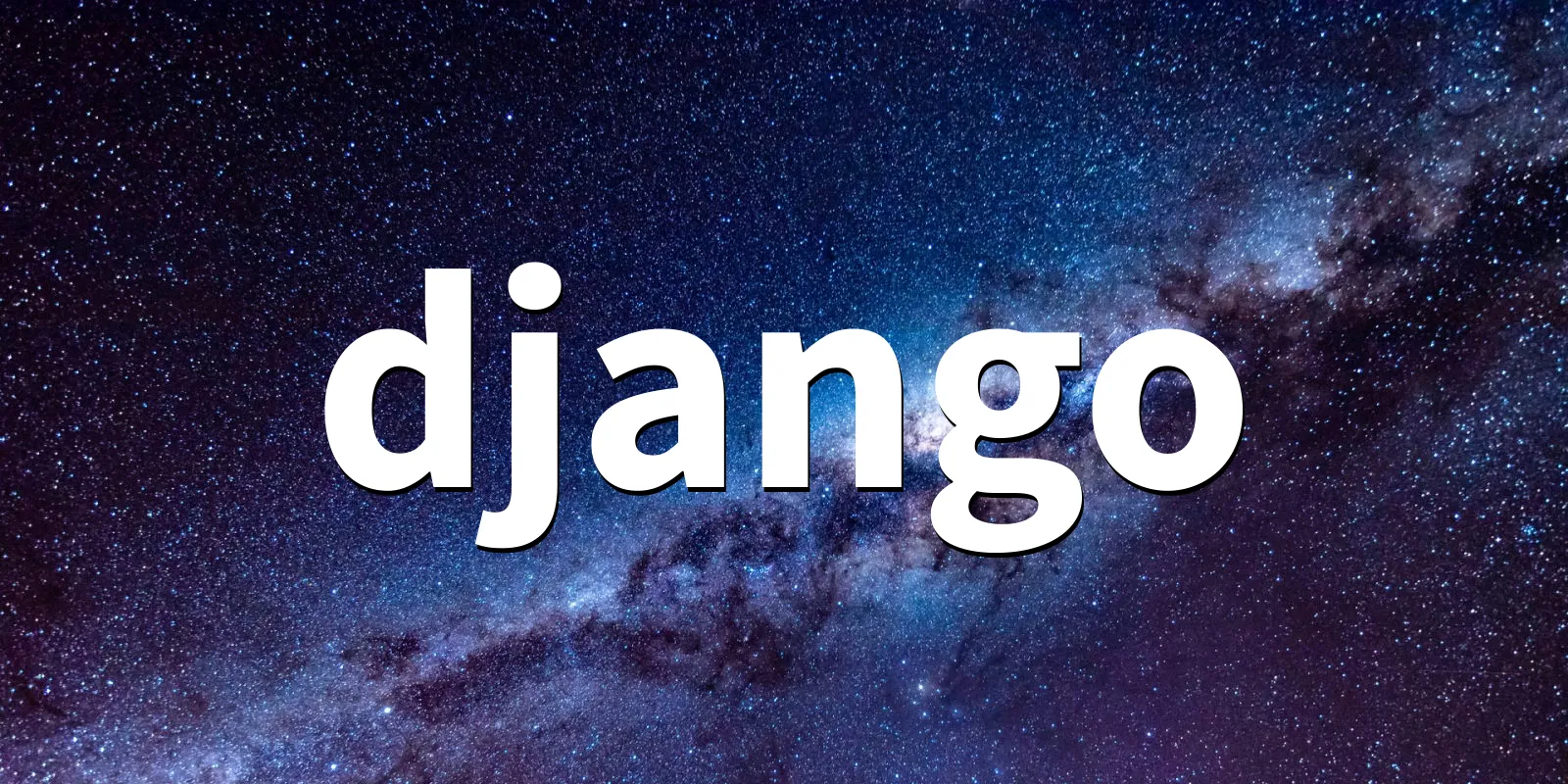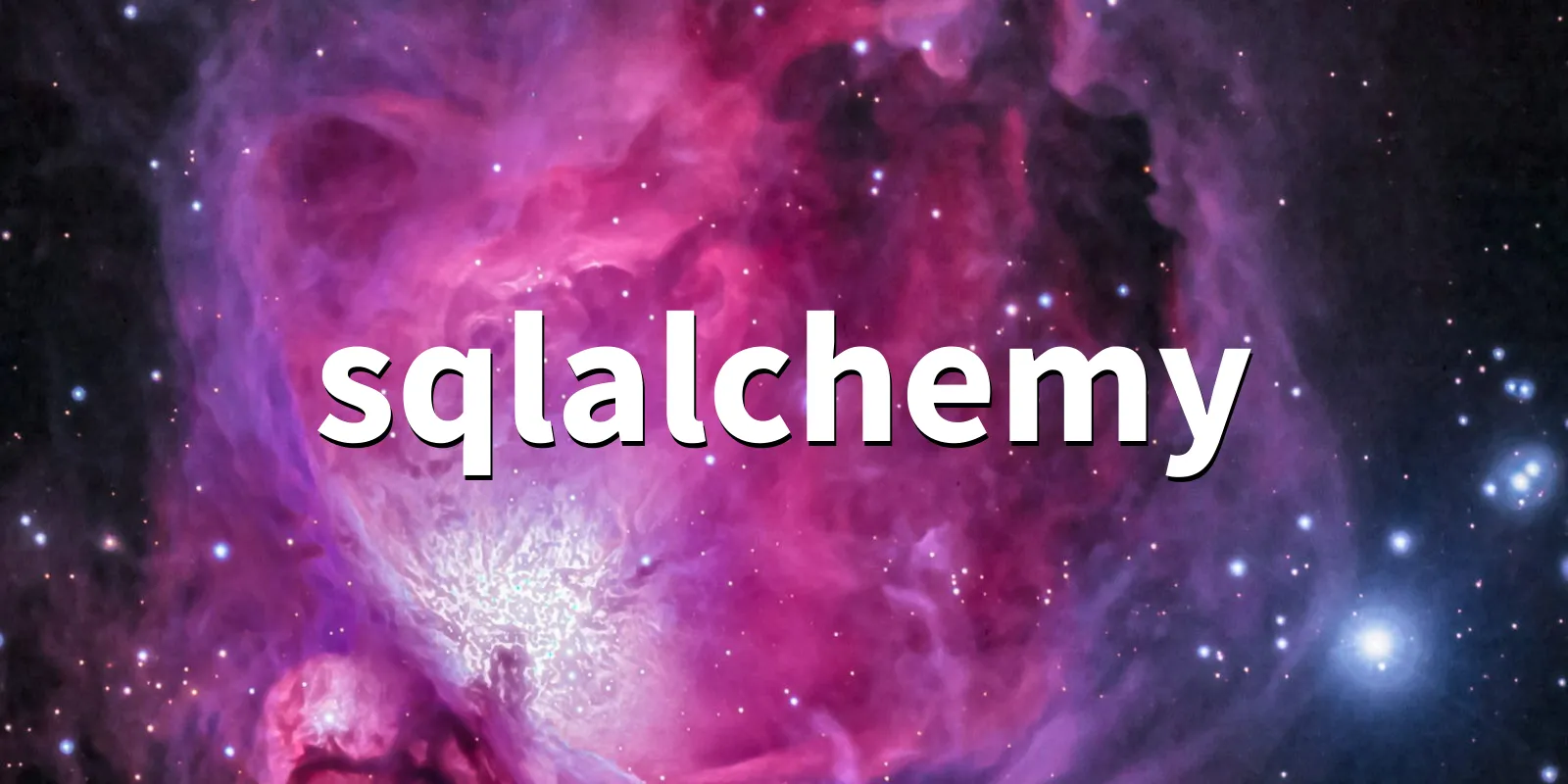
mongoengine 0.29.1
0
MongoEngine is a Python Object-Document Mapper for working with MongoDB.
Contents
MongoEngine is a Python Object-Document Mapper for working with MongoDB.
Stars: 4230, Watchers: 4230, Forks: 1232, Open Issues: 329The MongoEngine/mongoengine repo was created 12 years ago and the last code push was 4 days ago.
The project is very popular with an impressive 4230 github stars!
How to Install mongoengine
You can install mongoengine using pip
pip install mongoengine
or add it to a project with poetry
poetry add mongoengine
Package Details
- Author
- Harry Marr
- License
- MIT
- Homepage
- http://mongoengine.org/
- PyPi:
- https://pypi.org/project/mongoengine/
- GitHub Repo:
- https://github.com/mongoengine/mongoengine
Classifiers
- Database
- Software Development/Libraries/Python Modules
Related Packages
Errors
A list of common mongoengine errors.
Code Examples
Here are some mongoengine code examples and snippets.
GitHub Issues
The mongoengine package has 329 open issues on GitHub
- Multiple fixes for cascade=True save issues
- compare_indexes() breaks for text indexes due to sorting issue
- improve doc related with recent change
- Exporting Document as JSON schema
- The id type of full object and the id type of the lazy object are different
- Fix: DictField are always marked as changed
- Save with cascade=True fix for unsaved child documents
- connect exception
- Create_index called multiple times
- Feature/raise not retrieved field exception
- Transactions via an internal global session var
- Modifying document without uploading to the database
- param null=True is no working ?
- Fixing loading of EnumField inside ListField
- implement Decimal128Field
 pythonfix
pythonfix





